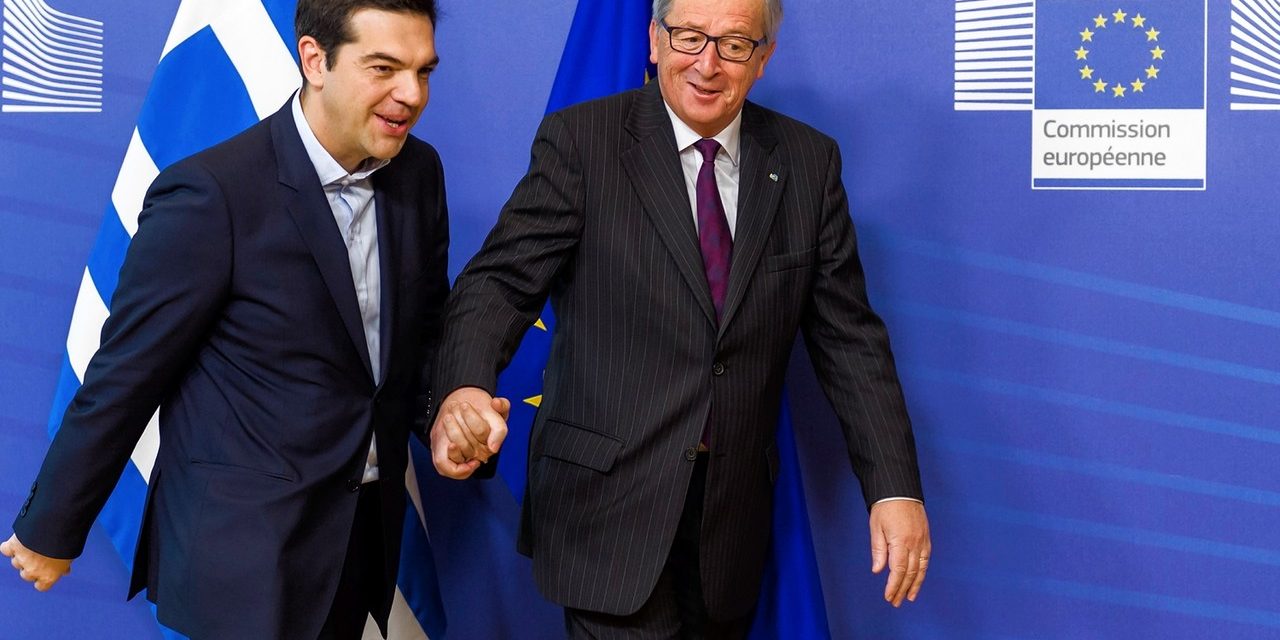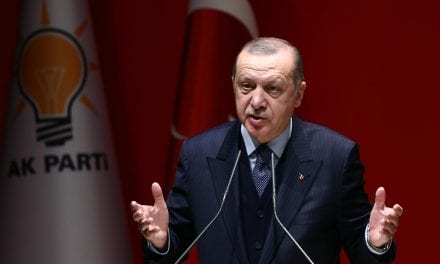Eurozone’s Reluctance to Ease Bailout Terms for Alexis Tsipras Reflects Basic Economic Facts
In the past week, Yanis Varoufakis has had to perform a number of U-turns in his capacity as Greece’s new finance minister. His party, Syriza, told voters it would demand a debt reduction; now Mr. Varoufakis says it will settle for a debt restructuring. Syriza said it would end austerity; Mr. Varoufakis now says he will run a primary budget surplus even if that means dropping other commitments in the party’s campaign manifesto.
Last week, Mr. Varoufakis said he wouldn’t negotiate with Greece’s official lenders—the infamous “troika”; this week he met officials of all three: the European Central Bank, European Commission and International Monetary Fund.
The message from these institutions has been unambiguous: Mr. Varoufakis and his leader, Prime Minister Alexis Tsipras, will need to make far greater reversals in the coming days if they are to avoid U-turning on their commitment to keep Greece in the eurozone. A move by the ECB on Wednesday night to stop accepting Greek collateral for its regular refinancing facilities will have driven that message home.
What should now be dawning on Greece’s new leadership on their whistle-stop tour of European capitals is that they will almost certainly have to ask the eurozone for a further extension of the country’s current bailout agreement, which is due to expire on Feb. 28, despite promising voters that they would end the bailout.
The reality is that the market won’t fund Greece without international protection, making it impossible for Athens to roll over its debts. The ECB has also been insistent on some form of umbrella being in place as a condition of its continuing to accept Greek junk-rated assets as collateral for its liquidity operations, vital to the operation of the Greek banking system. It was Mr. Tsipras’s stated refusal to ask for an extension of the current program that led the ECB Wednesday to withdraw Greek access to its funding facilities, to shield eurozone taxpayers from exposure to the costs ofa Greek banking collapse.
Without an extension, Greece risks a further loss of market confidence, leading to capital flight and bank runs.
True, the ECB has the discretion to continue to prop up the Greek financial system even in the absence of a program, by allowing the Greek central bank to provide funding to the banks under its Emergency Liquidity Assistance facility. The ECB hasn’t said whether it would be willing to do this or what restrictions it might require in terms of eligible collateral. If it refused to allow the Bank of Greece to provide emergency liquidity, the Greek banking system would collapse, likely forcing Greece to print its own currency and thereby leave the euro.
Some argue that the ECB would be reluctant to take such a momentous decision on its own. But even if the ECB continued to prop up the banks, the question remains who would prop up the government: Large bond redemptions fall due in March and April, raising the risk of a disorderly default.
In response, Mr. Varoufakis has proposed that the eurozone put in place a short-term bridging facility designed to buy time for a comprehensive deal on Greece’s debts. This would involve allowing the Greek government to issue €10 billion ($11.48 billion) of new short-term treasury bonds. But this plan is also rapidly running into the brick wall of economic reality.
The only likely buyers of these t-bills are the Greek banks. But Greek banks are already at the €3.5 billion limit on the use of t-bills in normal ECB refinancing facilities, so the banks may be reluctant to buy more.
The ECB won’t want to raise a limit that has been put in place for sound supervisory reasons. More importantly, it fears that allowing banks to buy t-bills to prop up Athens would be a clear breach of European treaties, which prohibit the ECB from financing governments.
Besides, how can the ECB allow banks to increase their exposure to a government that Mr. Varoufakis claims is insolvent?
Eurozone policy makers have been informally discussing alternative ways to buy Greece time while it negotiates a longer-term deal, including the possibility of providing the ECB with eurozone guarantees on Greek debts. But they have yet to find a solution that is politically feasible.
The only sure way to stabilize Greece in the short term is to use the money available under the bailout program. This includes €11 billion under the program that was made available to recapitalize Greek banks that hasn’t been spent. If the bailout program lapses, the potential to reallocate this money to finance Greece’s government is lost.
Yet extending the current bailout program will require ratification by the other 18 eurozone governments and a number of national parliaments—not to mention the consent of Greece’s parliament, too.
Mr. Varoufakis doesn’t have much time to complete his financial education.



















